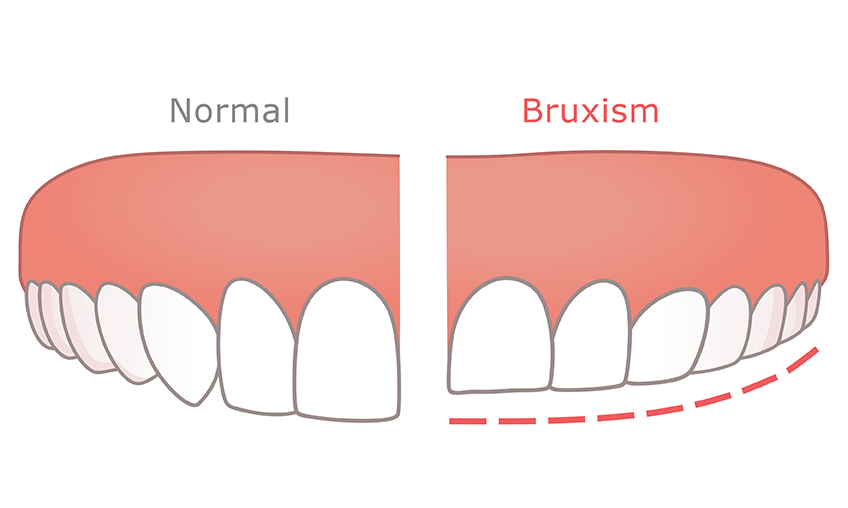
By Steven Barefoot, DDS
If you have an oral-health injury or pain that is not life-threatening, call your dentist right away. They can determine if you need care now or if it’s safe to wait until the dental office is open.
The dentist can help with these problems, so you don't need to go to the emergency room for:
- a broken tooth.
- a lost tooth.
- pain from a cavity, wisdom tooth, or a filling or other dental repair that falls out.
If you have a hard time breathing or swallowing, the American Dental Association (ADA) advises that you go to the hospital. Also seek immediate help if your face swells after a toothache. The Cleveland Clinic recommends emergency care for any of these problems:
- bleeding that won’t stop.
- pain that doesn’t get better with medicine.
- broken bones in your face (such as your jaw).
Avoid Dental Emergencies
Seeing your dentist every six months helps you avoid painful emergencies. There are a few good things about regular oral health visits, such as:
- You get to know the dentist.
- The dentist gets to know you.
- You can avoid a decline in oral health that can result a painful, time-consuming visit to an emergency room!
So, call your dentist right away when you need urgent help with oral care. And if you’re not in pain, why not call your dentist now for a regular exam? It can help you prevent a dental emergency.
DentaQuest, part of Sun Life U.S., manages dental benefits for tens of millions of Americans. Our mission is to improve the oral health of all. Members can click here to find a dentist.
With 30-plus years in dental practice, Dr. Barefoot, associate director of clinical value-based care at DentaQuest, provides clinical input to develop new care programs; manages the design of quality measures; and responds to providers participating in value-based programs. Medical research at Methodist Hospital of Indiana and business development, analysis, and analytics in a range of areas complement Dr. Barefoot’s clinical career.
 Preventistry Pulse Image
Preventistry Pulse Image
PREVENTISTRY PULSE
The newsletter designed for anyone who wants to improve oral health for themselves, their families, customers or communities.





